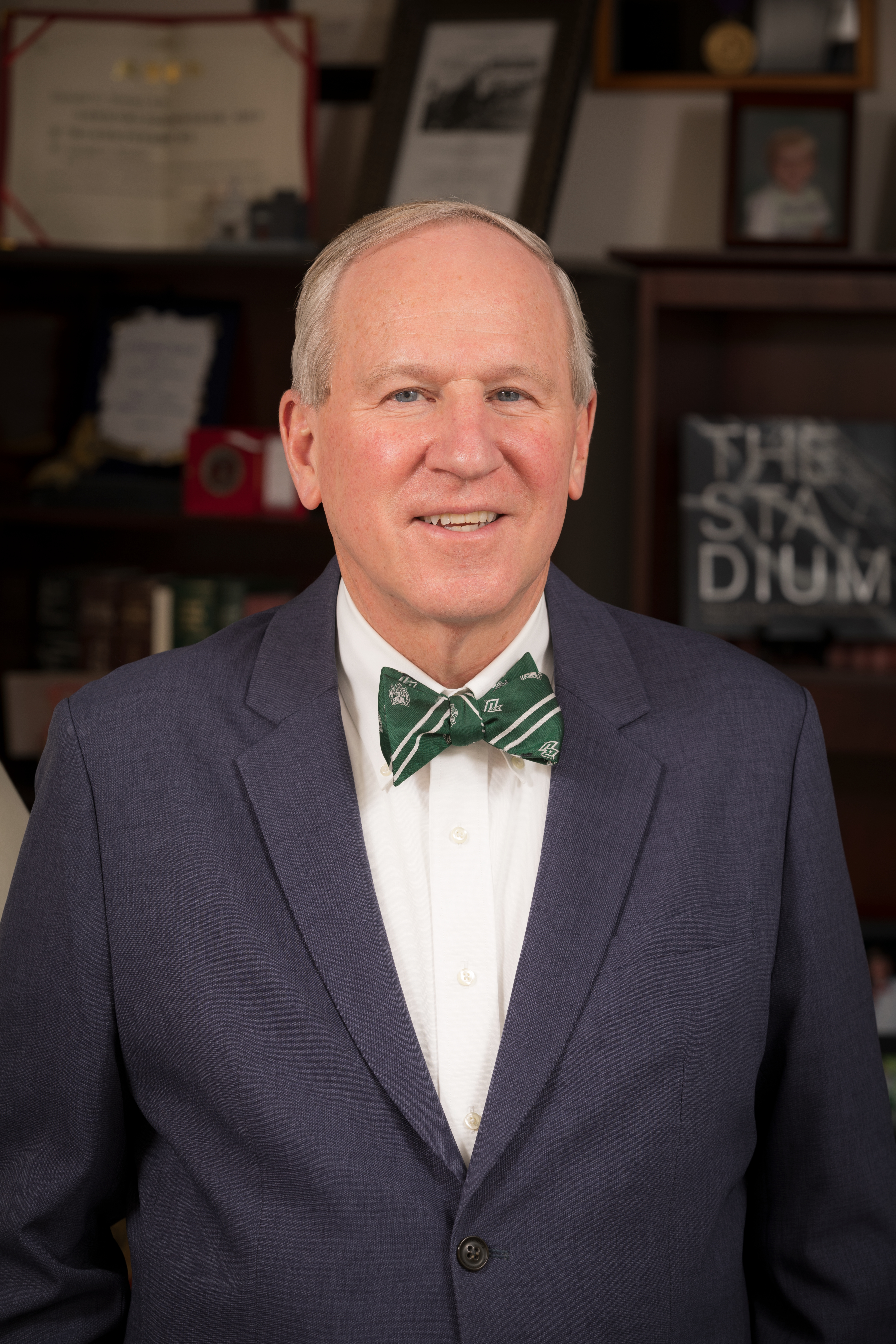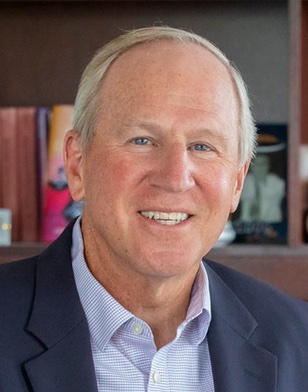Donald Nieman | Source | Professor of History at Binghamton University, State University of New York

Donald Nieman
Donald G. Nieman is an authority on modern US law and politics and professor of history and provost emeritus at Binghamton University—State University of New York. His latest book, The Path to Paralysis: How Our Politics Became Nasty, Dysfunctional, and a Threat to the Republic, will be published by Anthem Press in October 2024. It offers the first comprehensive analysis of how we became so polarized and why there's no easy way out of the current crisis. He is the author and editor of many other books, including Promises to Keep: African Americans and the Constitutional Order, 1776-Present, an influential history of civil rights in the US. His op-eds on contemporary American politics have appeared in the Washington Post, Newsweek, Huffington Post, and Salon, to name a few. His research has been supported by fellowships from the National Endowment for the Humanities, the American Council of Learned Societies, and New York University School of Law.
-

Binghamton University, State University of New York
Professor of History
-
Minnesota assassination prompts many lawmakers to wonder: Is service worth the danger?
A year into her first term in office, New Jersey Assemblywoman Sadaf Jaffer decided not to run for reelection. The political world saw her as a rising star in 2023; Jaffer, a Democrat, previously served as the nation’s first female Muslim mayor. But rampant harassment from online commenters and other politicians about her religion, as […]
Article -
Jean Quataert promoted to distinguished professor of history - Binghamton News
Professor of History Jean Quataert has recently been appointed distinguished professor by the SUNY Board of Trustees for making “pioneering and transformative contributions to German and women’s history, gender studies, global history and human rights hist
Article -
It’s not just Andrew Jackson. Most of the men on US currency had problematic histories with slavery | CNN
A US Senator wants to replace Andrew Jackson, who kept scores of slaves at his Tennessee plantation, on the front of the $20 bill with abolitionist Harriet Tubman. But Jackson isn’t the only one of the White men on US paper currency who had a troubling history with slavery.
Article
-
Musk's Opposition to Trump Bill: A Political Non-Event
Donald says Musk's opposition will not impact Congress, as Trump still commands the Republican base. "Musk's break with Trump and his unpopularity make it easy for lawmakers to dismiss him," potentially benefiting Trump by distancing him from Musk, now seen as a pariah. -
Trump's Pardon Reversal Claim: A Legal Perspective
Donald calls Trump's claim "whacky," noting autopen use for official documents dates back to Obama. He argues the Constitution's unqualified pardon authority makes court scrutiny unlikely. Citing the 2018 "Muslim ban" case, Donald doubts the Supreme Court would review Biden's autopen use, viewing it as another Trump obsession.
-
Professor Jean Quataert is a historian of the first rank who has established an international reputation for the rigor, freshness and pioneering nature of her scholarly work. She has transformed our understanding of modern European political, social and labor history by viewing these subjects from the perspective of women and through the lens of gender. She has been a pioneer in establishing transnational history as an important historical paradigm and enriched our understanding of contemporary human rights.
-
Trump has called for a ban on immigration and travel to the U.S. by Muslims and advocated surveillance of mosques within the U.S. In effect, he has equated the religion of one-fifth of the world’s population with terrorism, created a religious test for entry to the U.S., and identified American Muslims as subversives who bear watching.
As a historian of the Civil War era, I find Trump’s position eerily familiar. Religion and immigration were explosive issues in the years before the Civil War. The response of one of that time’s leading Republicans, Abraham Lincoln, offers sage advice to Donald Trump and the rest of us.




